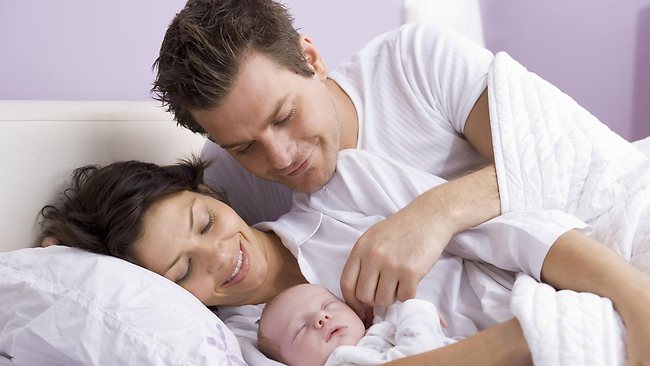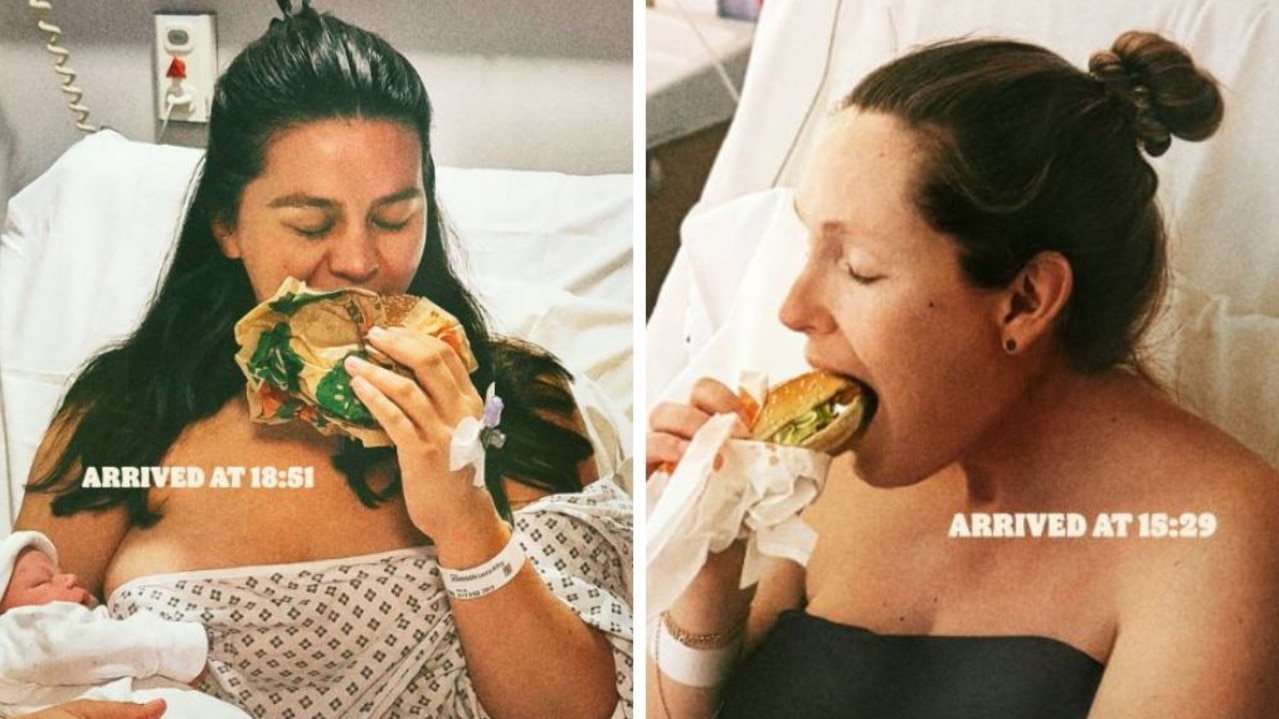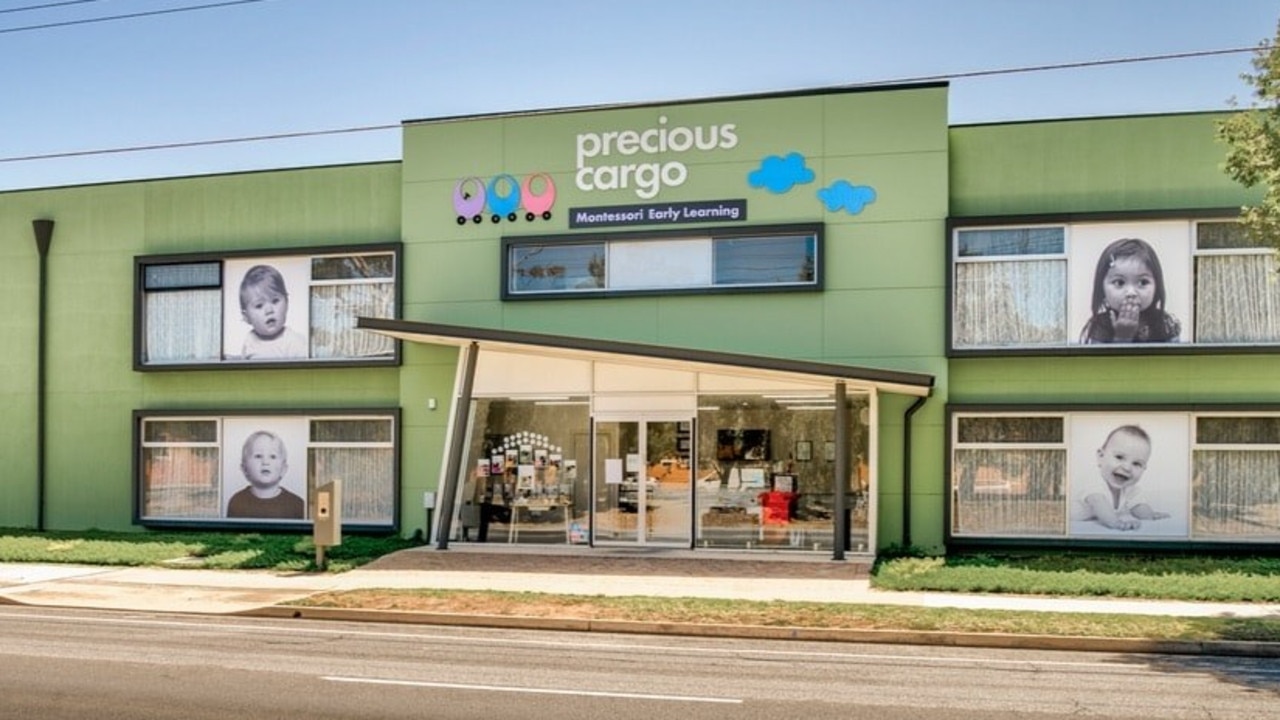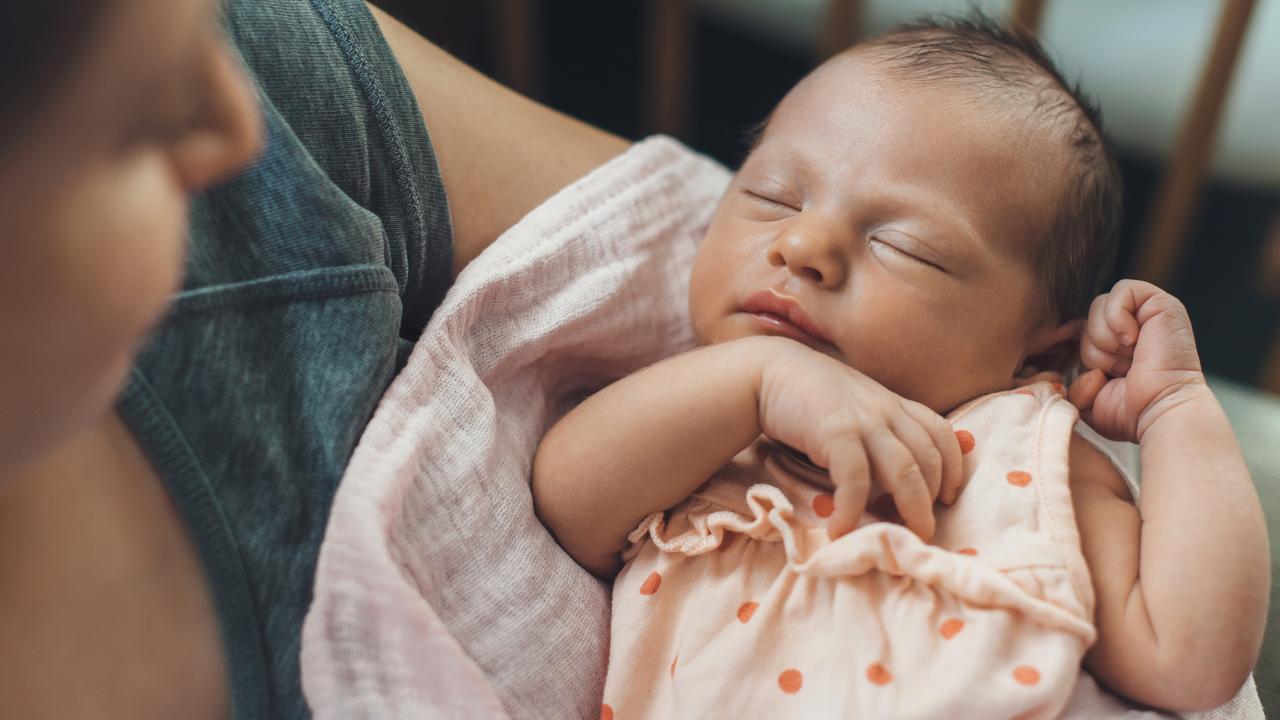Bed bacteria to blame for SIDS deaths among infants who sleep with parents: Study
YOUNG babies who sleep in their parents' bed are five times more likely to die from SIDS - and experts are blaming bacteria.

YOUNG babies who sleep in their parents' bed are five times more likely to die from Sudden Infant Death Syndrome - and experts are blaming bacteria in the bed.
Nearly nine of ten SIDS deaths (88 per cent) that occurred when the baby was in the parents' bed would not have happened if the baby was in its own sleeping place, according to a British Medical Journal study.
The research showed the risk was far higher for babies less than three months old even when neither parent smoked and the mother did not drink or take drugs.
This should raise alarm in Australia because currently only parents who smoke, drink or take drugs are advised to avoid sleeping with their baby, the study says.
"Our findings suggest that professionals and the literature should take a more definite stand against bed sharing, especially for babies under 3 months," the authors of the study say.
"If parents were made aware of the risks of sleeping with their baby, and room sharing were promoted, as `Back to Sleep' was promoted 20 years ago, a substantial further reduction in SIDS rates could be achieved."
The national chief executive of SIDS and Kids, Leanne Raven, says the research is further evidence that the best place for a young baby to sleep is in a safe place in the same room as a parent.
Education campaigns have seen an 80 per cent fall in Sudden Unexpected Deaths in Infancy between 1989 and 2011.
In 2011 there were 63 deaths to SIDS and 125 as a result of Sudden Unexpected Deaths in Infancy (which includes SIDS and fatal sleeping accidents such as suffocation).
University of Adelaide paediatrician Paul Goldwater attributes the high rate of bed-sharing SIDS deaths to the bacteria such as E. coli and Staphylococcus aureus that reside in the bed.
"A baby sleeping in such a contaminated environment could inhale or ingest shed skin cells covered in these bacteria. A genetically susceptible baby is at risk in the co-sleeping situation. This risk is further increased with every additional risk factor," he said.
Dr Mark Kohler, a lecturer at the Centre for Sleep Research, University of South Australia, said bed-sharing was considered a risk factor for SIDS because of the likelihood of smothering the infant in some way and "increased exposure to toxins".
The latest study found the risk of SIDS while bed-sharing decreased as the age of the infant rose, but if either parent was a smoker or the mother had drunk alcohol (two or more units in the last 24 hours) or used illegal drugs, including cannabis, at any time since the child was born, the risk was greatly increased.
The study included data on 1472 SIDS cases and 4679 controls and included cases from Australia.
It revealed there has been a marked increase in bed-sharing and the authors now estimate that around 50 per cent of SIDS cases occur while bed-sharing.
To reduce the risk of SIDS parents should:
- put babies to sleep on their backs
- ensure the baby's head and face are not covered
- remain smoke free before and after the pregnancy
- ensure there are no toys, pillows, or bumpers in the cot
- give baby a safe sleeping place in the parents' room
- breast feed the baby
Source: SIDS and Kids



